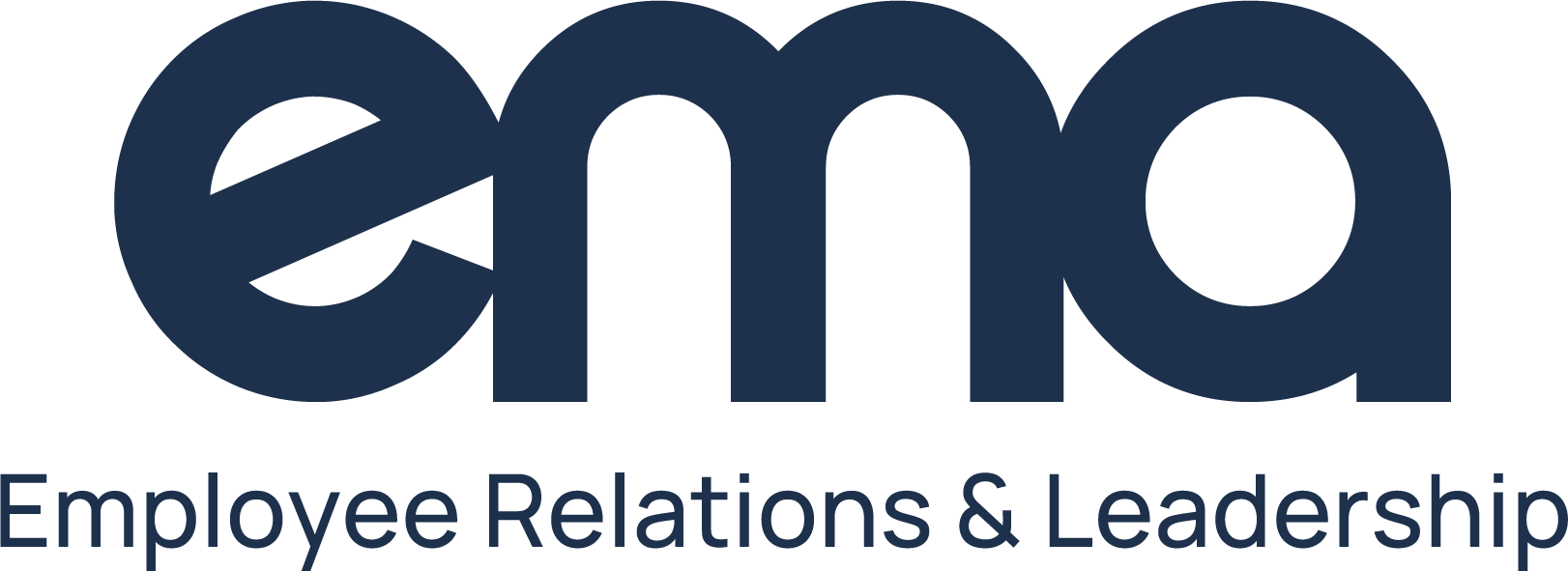Parliament has passed another Bill changing the Fair Work Act 2009 (Cth) (“FW Act”), including by improving protections for temporary visa workers, improving an employee’s accessibility to unpaid parental leave, adding requirements to make superannuation contributions, and providing long service leave to black coal mining casual employees
We have set out in this EMA Note some of the key changes arising from the Fair Work Legislation Amendment (Protecting Worker Entitlements) Act 2023 (Cth). This Note does not cover all changes, and for the changes described it only provides a brief summary and therefore should not be relied upon in place of formal advice specific to your business.
Workers on a Temporary Visa
Summary of Amendments and their Effect
A new provision will be added to the FW Act that a breach of the Migration Act 1958 (Cth) will not affect the validity of a contract of employment for the purposes of the FW Act. The intention of this is to ensure that migrant workers are entitled to protections under the FW Act regardless of their immigration status.
These amendments started on 1 July 2023.
Unpaid Parental Leave
Summary of Amendments and their Effect
There are quite extensive changes to the unpaid parental leave provisions in the FW Act, including to remove gendered language, providing scope for an employee to start their parental leave at a time later than the date of birth of the child, and to remove provisions dealing with members of an employee couple who each take parental leave (which is intended to remove limitations on employee couples each accessing unpaid parental leave).
The amendments permit an employee to start (and finish) parental leave at any time in the 24 months following the date of birth or placement of their child. The amendments have also changed the date at which an employee must have accrued 12 months’ service with their employer to be eligible for unpaid parental leave. In some cases these changes will allow the employee to take leave (at a later time) even if they do not have 12 months service by the time the child is born or placed.
The amendments also extend the entitlement to flexible unpaid parental leave from 30 days to 100 days (including for a casual and part-time employee) and entitle an employee to begin taking flexible unpaid parental leave starting from 6 weeks before the expected date of birth of the child.
These amendments started on 1 July 2023.
Transitional rules apply for arrangements already made and notices given in relation to births or placements that will occur after 1 July 2023. Employers should take specific advice about any employees planning or currently on parental leave.
Superannuation Requirements
Summary of Amendments and their Effect
The obligation to make superannuation contributions has been included in the National Employment Standards. The intention of these amendments are to allow employees an ability to make a claim in the Federal Court if their employer does not make the correct superannuation contributions, provided the Australian Tax Office has not already commenced proceedings in relation to that employer and employee. There are some exemptions as to whom these new superannuation provisions apply.
There may be a reduction or limitation in liability in relation to the above NES amendments for employers who pay the superannuation guarantee charge in respect of an employee rather than making contributions at the time.
The introduction of superannuation contributions into the National Employment Standards (and associated terms) are set to start on 1 January 2024, with one amendment (relating to modern awards) having started on 1 July 2023.
Employers should seek advice from their accountants or tax advisors in relation to their superannuation obligations.
Employee Authorised Deductions
Summary of Amendments and their Effect
The FW Act will now include a provision whose intention is to permit an employee to authorise regular deductions being made that may vary from time to time rather than a specified fixed amount, provided those deductions are principally for the employee’s benefit. This would permit, for example, an employee to permit union fees to be deducted even if those fees may vary from time to time.
These amendments are set to start 30 December 2023.
Transitional rules apply for the continuing validity of arrangements that were in place immediately before commencement of the amendment, if those arrangements were compliant with the previous rules.
Next Steps for Employers
Employers should review their current practices, policies, and procedures against the upcoming amendments to ensure that they are (and will be) compliant with the amendments.
Any enterprise agreements which have specific provisions relating to any of the above should also be reviewed for consistency. If you are currently negotiating a new enterprise agreement, you should ensure that the terms will be consistent with the new amendments.
Require further information/assistance?
This EMA Note is not comprehensive advice about your situation and does not cover all your obligations. If you require further information or advice, please contact your Consultant.

